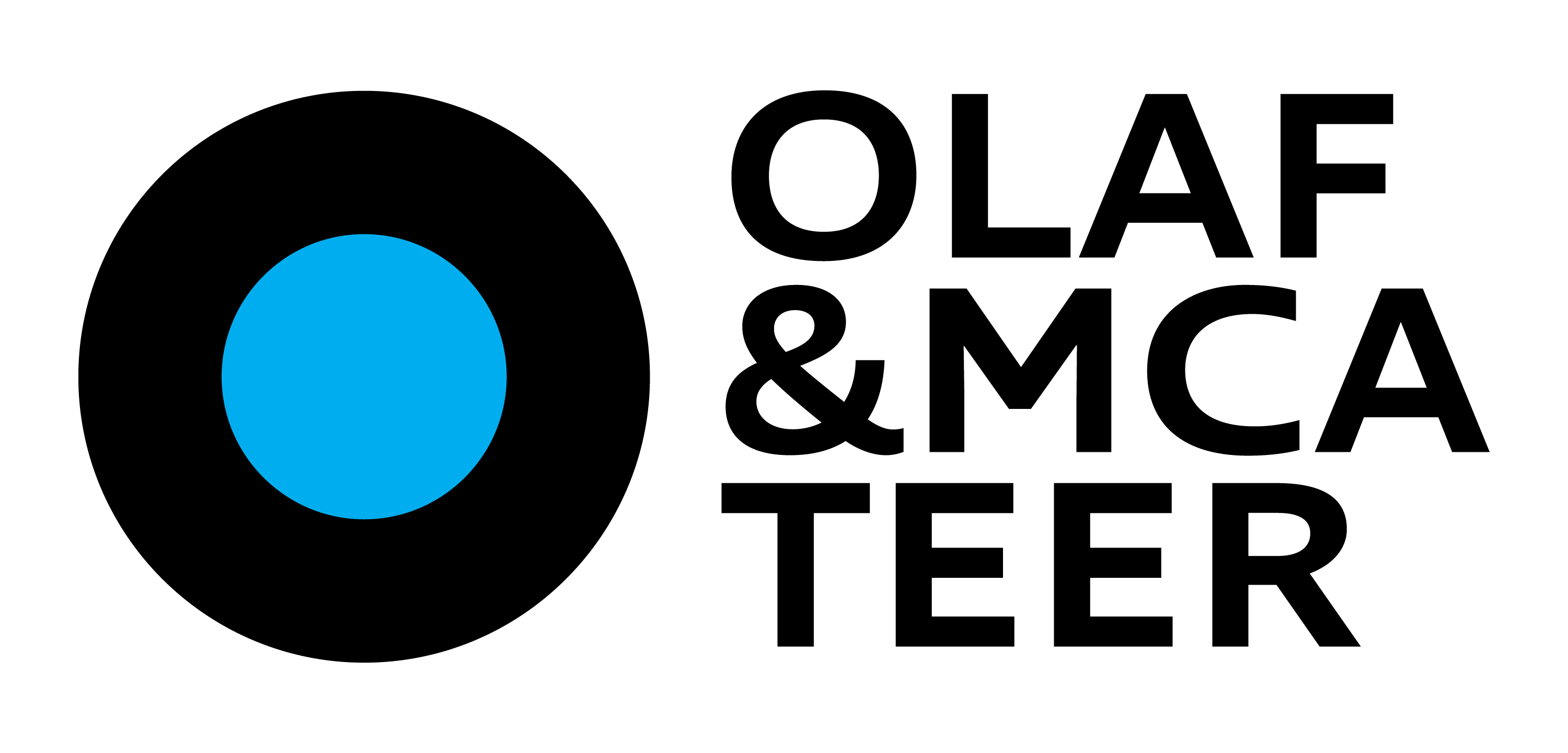
It happens to everyone: Brands in crisis
Are there any similarities between Volkswagen “dieselgate”, “Samsung” withdrawal of millions of Galaxy Note 7, strikes in “Jura” facilities, affairs “Tonus” and aflatoxin, and how to actually act and communicate in crisis? Ljiljana Boljanović, a consultant with decades of experience in crisis management, Managing Director of agency “Olaf&McAteer” and lecturer at the Faculty of media and communications speaks for “Nedeljnik”..
Let’s start from what concerns managers the most: can crises be avoided?
Unfortunately, they can’t. There isn’t any industry or company which is immune to crisis, regardless of their activity or size. Small businesses are also affected by crisis, just like the biggest multinational companies which you mentioned. When a crisis occurs, everybody sees their problem as the biggest, whether it’s a restaurant where guests suffered from food poisoning caused by pancakes, or the CEO of the Company Samsung. Crises can’t be avoided, but we need to be prepared before they occur. When a new client comes to our agency asking for an urgent meeting, when money and time are not in question, and when everything is urgent and needed yesterday, we know we are dealing with someone who hasn’t thought about crisis timely.
What needs to be done to get prepared for crisis?
A company crisis team should be formed and trained, Crisis Manual defined, risk factors analysed and you need to get prepared for various scenarios and situations which may occur, including the most unpleasant ones. If, for example, you produce food, you should be prepared for big problems in production and distribution, faulty products, product recall… You must keep an eye on the problems before they escalate. All these are crisis management tasks. Awareness of its importance is rising gradually here, and a number of companies which address our agency before occurrence of crisis, is continually getting higher. I dare to say that many crises that we have witnessed such as the aflatoxin affair, “Tonus”, “Matijević” could have been avoided if these companies had been prepared for crises.
Is every problem a crisis and what should we do in the actual crisis situation?
Not every problem is a crisis, and a large number of problems may become crisis if they remain neglected. This is where the first advice we give to our clients comes from related to crisis – be proactive. It implies readiness to consider crisis, analyse it, make responsible estimates, to act as needed. The company mustn’t burry head in the sand waiting for crisis to pass, but needs to act primarily having in mind responsibility towards the ones it lives off – consumers, its employees, users of services, but also keeping in mind its long-term interests. A responsible consultant will not advise you to sacrifice your long-term interests for short-term goals, that’s an axiom.
Based on your experience, which are the most common mistakes that companies make in crisis situations?
The expectation that the problem will be resolved by itself, the belief that a large problem can be hidden (a typical example is the deletion of a bunch of unpleasant comments on social networks, which is always counterproductive), treating opponents as the enemy and the use of “corporate blah blah blah” language that further annoys public in crises.
Is it possible to estimate in advance what the threatening crisis is, and what is a simple problem that will be overcome without consequences?
It’s possible. We should ask a series of questions: can this problem escalate, is it a threat to regular operations, whether it threatens to undermine the confidence of those you live off, your reputation, the achievement of business objectives, market position? If one of these answers is “yes”, then we are talking about crisis.
And when crisis occurs? Which are the key factors contributing to its successful solving?
Each crisis is a case for itself, and there is no “general practice” which can be applied in all cases. However, as a consultant of many top managers and a careful observer of global crises, I dare to say that the key is combination of four factors: trust in people who advise you and your team, readiness to change since a change often accompanies crisis, “heart of a hero”, that means courage to take unpopular measures, and as the most important, responsibility towards the ones affected by the crisis and towards your own company and its future. It is my pleasure to be a consultant to many great managers with this set of characteristics.
Read the interview in Serbian on “Nedeljnik” website: www.nedeljnik.rs/vesti/portalnews/desava-se-svima-brendovi-u-krizi/
Related posts
A1 Serbia launches educational game to promote online safety for children
This initiative is part of A1 Serbia’s broader ESG strategy, aimed at ethical technology use
Pet Day: Mars reminds us of the importance and benefits of pet adoption
362 million dogs and cats worldwide currently live on the streets or in shelters
IKEA unveils new edition of Its iconic STOCKHOLM collection
The latest edition features a wide range of furniture, textiles, lighting, and decorative pieces




